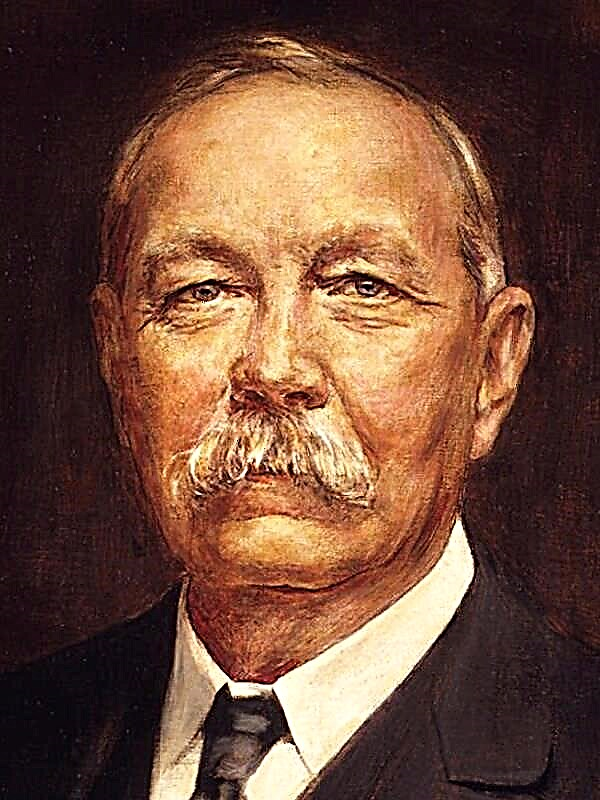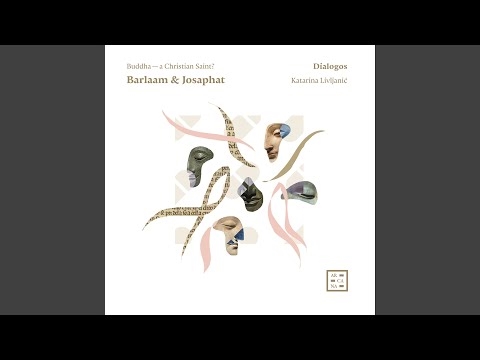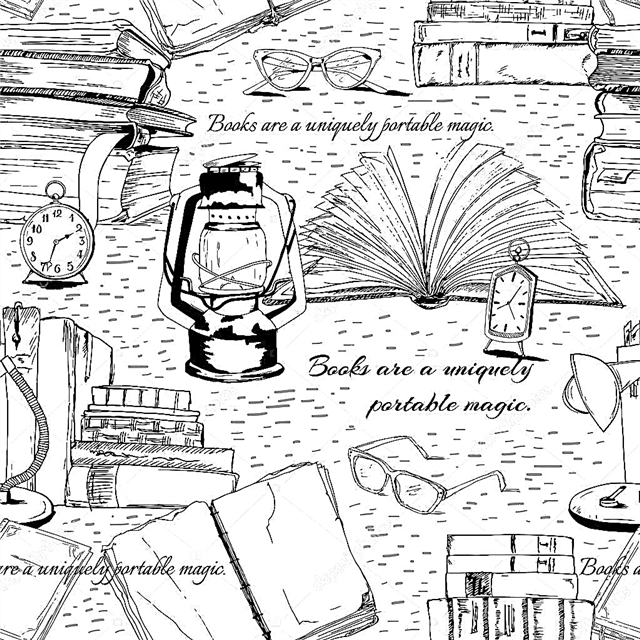The events of Life belong to the end of the 4th - beginning of the 5th century. (the reign of the Roman emperors Arcadius and Honorius).
The rich and noble man Efimian lives in Rome, he observes the commandments of God, devotes special attention and care to the poor, wanderers, orphans, widows, who are sick, and he eats his bread every day only at nine in the evening. His wife Aglaid also lives in fear of God. Unfortunately, God does not give them children. Aglaid asks God for a son who, she hopes, will rest her old age. Finally, her desire is fulfilled, and Aglaida and Efimyan have a son, Alexy. For six years, Alexy has been teaching, where he masters reading and writing and “church dispensation,” and although he studies a little, he becomes “wise.” When the time comes, parents decide to marry their son. They find a beautiful and rich bride of the royal family, with whom Alexy is married in the church of St. Boniface. But the bridegroom, having entered the bride after the wedding, hands her her golden ring, wrapped in red silk, and says: "Having taken this, save it, and God will be between me and you, while God favors our affairs." Alexy adds some other “secret words”, after which he leaves his “betrothed”. After the disappearance of Alexy, his mother Aglaid shuts up in her bedroom, where the window hangs, and does not want to leave it until she receives news of her son.Alexius, taking part of his property, secretly leaves Rome at night and sets sail for Laodicea of Syria.
Descending the ship, he offers a prayer to God, asking to save “from this vain life” and give him the opportunity to join in the next life to all the righteous, pleasing to God and standing at His right hand.
With donkey drivers, Alexy reaches the Syrian city of Edes, where the miraculous image of Jesus Christ is located, which Jesus once sent to the seriously ill King of Edgar, Augar. In the city, Alexy sells everything that he had, and distributes the money to the poor, puts on thin clothes and beggars in the church porch of the Virgin. Everything that is served to him, he distributes.
At this time, Alexia is sought in Rome, the father sends in search of the son of three hundred youths. They are also looking for him in Edes, their own servants even give him alms, but they do not recognize him. Seeing this, Alexy rejoices that Christ is brought to him for the sake of receiving alms from his household. The seekers return to Rome with nothing.
Seventeen years spent Alexy on the porch and thereby "pleases God." The Holy Mother of God appears in a dream to the clerk of that church and says: “Bring the man of God into my church, because he is worthy of the kingdom of heaven ...” The clerk is looking for a man whom the Mother of God proclaims to him, but does not find him. And the second time the Virgin appears, pointing to the sexton directly to Alexy: “The wretched one sitting in front of the church doors is the man of God.” The sexton introduces Alexis to the church and serves him. The fame of Alexia spreads throughout the city.But Alexy flees from glory, boarded a ship and headed to Spanish Catalonia. “By the will of God” the ship is met by a strong wind, which drives it into Rome (geographical error of Life: Rome is not at sea). Alexy decides to live unrecognized in his father’s house. Having met Yefimyan, without calling himself, Alexy asks for a shelter, he is happy to be accepted as a wanderer. Efimyan orders his servants to give a warm welcome to Alexy, because "the boy is pleasant to him."
But the servants of the father in every possible way scoff at the wanderer - kick him with their feet, pour slop on his head. Alexy accepts this with joy, seeing in the actions of his father's servants "teaching is devilish." For seventeen years, Alexy, unrecognized by anyone, lives in his parents' house. All these seventeen years his mother has not left her bedroom, faithful to the vow given in grief. When the time comes for Alexy to die, he asks the lad who is serving him to bring a “charter” (paper), where Alexy reveals the whole truth about himself.
On that day, after the end of the liturgy, when the kings (emperors Arkady and Honorius) and the archbishop are still in the church, everyone hears the voice coming from the altar: "Come to me, all you who labor and are heavy laden, and I will calm you down." And the second time a voice is heard, he orders to find a man of God to pray for the world, because on Friday at dawn God’s man will die. On Thursday evening, people gather in St. Peter's Church to ask for the name of God's man to be revealed, and the voice indicates the house of Efimyan. Yefimyan calls the senior servant to him and asks if they have one, but the senior replies that they have only "empty people".Then the kings themselves go to the house of Efimyan in search of God's man. But the servant Alexy begins to guess what the matter is: are they really looking for the wretched one whom he was entrusted with? A servant talks about the righteous lifestyle of a wanderer.
Yefimyan wants to talk with an unknown person who has been living in his house for so many years, but he is already dying. Opening his face, Efimyan sees a gaze that glows like an angel, and in his hands is a "charter." The hands of the deceased are not unclenched until both the king and the archbishop ask him about it. Upon the news of the death, Alexy Aglaid opens the window, comes out "like a lioness out of a cage" and, tearing his clothes and loose hair, cries. Her cry over the body of her son, soulful and poetic, along with the cries of Efimyan and bride Alexis occupies significant places in the text of the monument. Together with her husband and bride, she accompanies Alexy's body to the church of St. Boniface.
The assembled people cry without ceasing. The kings and the archbishop take a "bed" (bed) with the body of Alexis and put in the middle of the city. Patients are healed, so many people gather that they interfere with the body. The kings tell them to pour gold and silver, hoping to distract the crowd, but no one pays attention to the scattered wealth.
The body is brought to the church. St. Romans arrange a feast, build an expensive ark and put the body of the saint there. From the ark flows the world, which heals the sick.


 Wow! Projects
Wow! Projects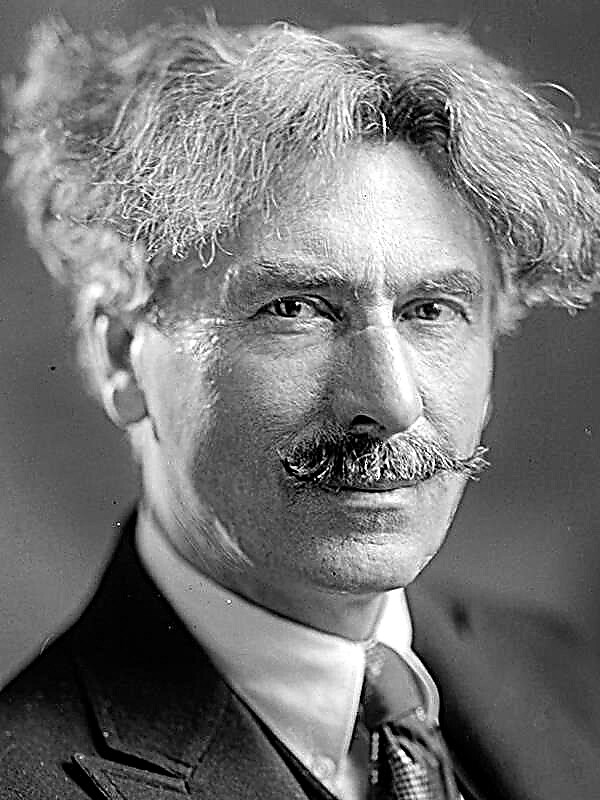


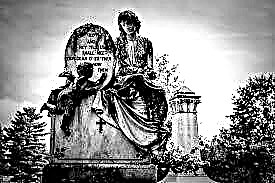
 Buddenbrooks
Buddenbrooks